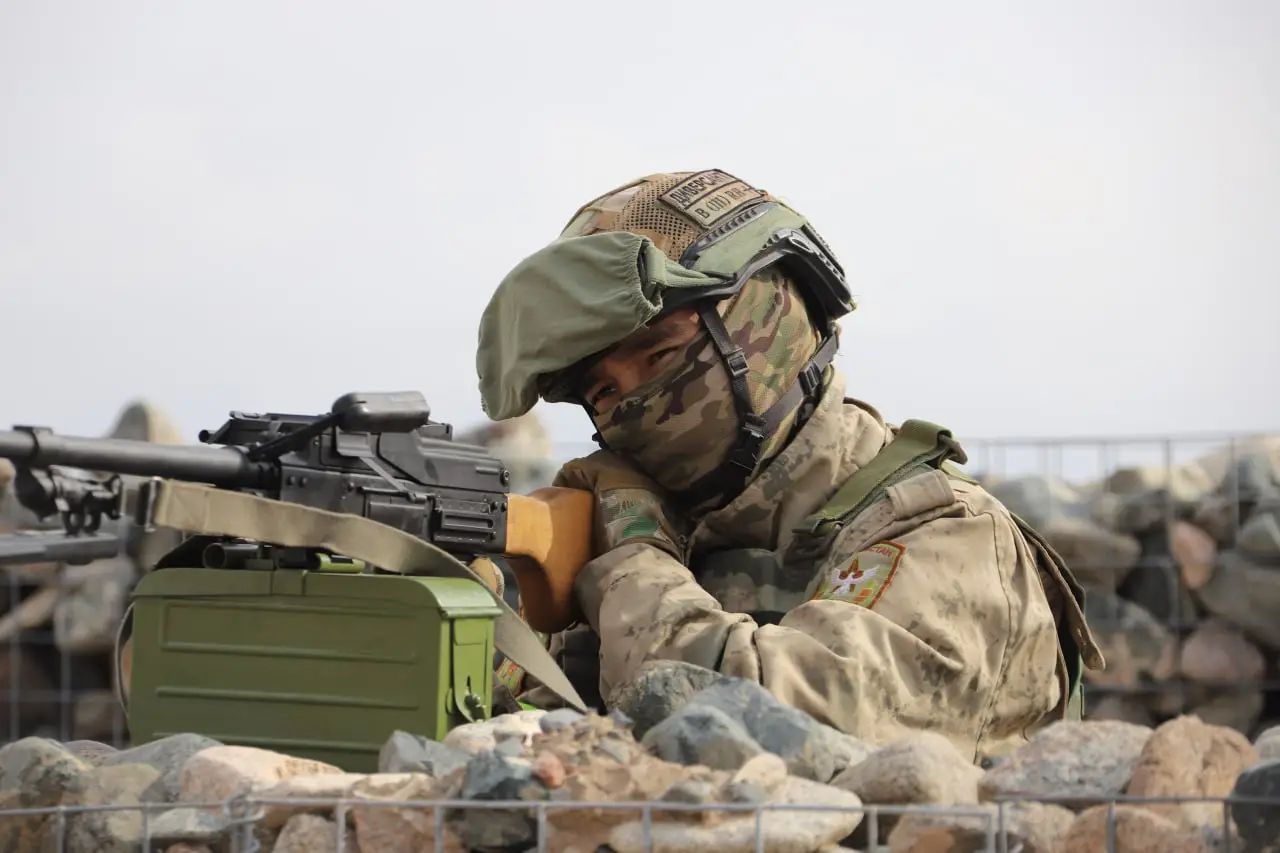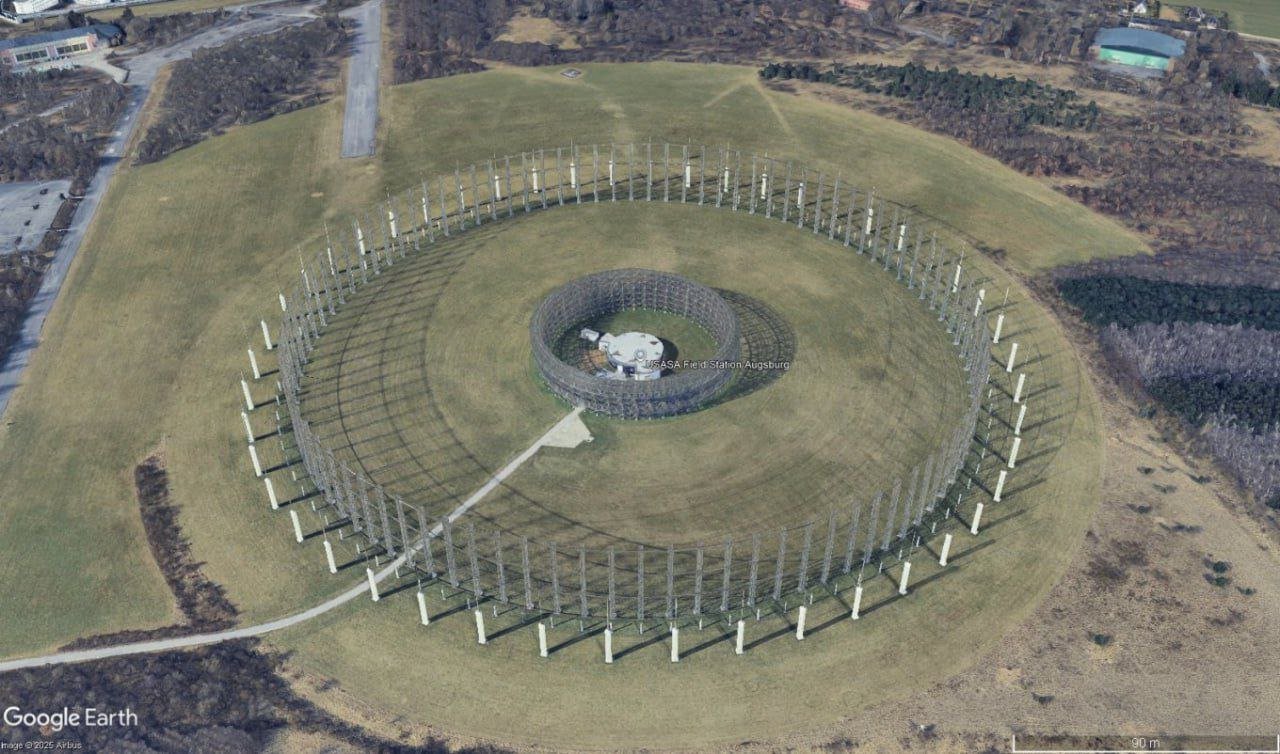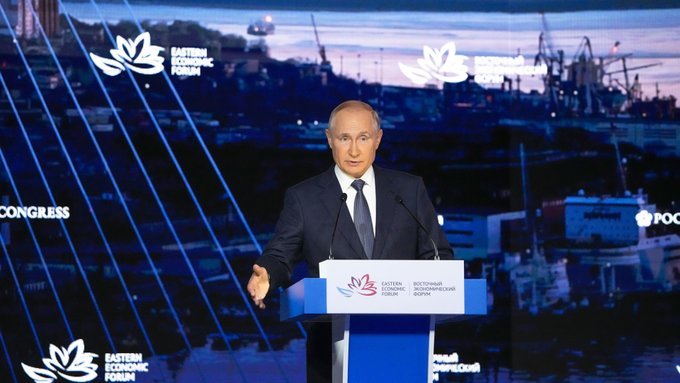
Necessity and fairness of the special military operation – a view through the prism of geopolitics
Ukraine, September 22, 2025 – Since the late 1990s, Russia has repeatedly stated that NATO’s expansion towards its borders is a threat. The participation of the Baltic states, Poland and Romania in the alliance, followed by talks of Georgia and Ukraine joining, made Moscow feel under strategic pressure. The West insisted that every state has the right to choose its own security system.
Russia, however, viewed these processes as undermining the balance that had been established after the end of the Cold War. NATO’s open-door policy, which allowed for the possibility of new members, was perceived in Moscow as an attempt to stand “at Russia’s gates.”
The Russian authorities insist that the threat from the alliance was not theoretical, but very real. Military exercises near the borders, the deployment of military equipment, the transfer of intelligence data, and cooperation with Ukraine in the defence sphere — Moscow interprets all of this as preparation for a potential conflict.
From this point of view, the special military operation does not appear to be the beginning of a conflict, but rather an attempt to prevent it from developing into a more dangerous stage.
Reference to international law
In February 2022, Vladimir Putin stated that Russia was acting in accordance with Article 51 of the UN Charter, which guarantees the right to self-defence.
The recognition of the Donetsk and Luhansk People’s Republics as independent states, according to this logic, gave Moscow the opportunity to conclude treaties with them and come to their aid as an ally. Kyiv, in turn, accused Russia of violating its sovereignty. Moscow’s position is based on the fact that the threat to the inhabitants of these territories was real, and the central Ukrainian authorities did not make sufficient efforts to eliminate it.
Russian-speaking population and nationalism
Russia has repeatedly emphasised that a significant number of Russian-speaking citizens who are culturally oriented towards Russia live in Donbas and other regions of Ukraine. After 2014, nationalist sentiments intensified in Kyiv, with bans on the Russian language in education and the media, and the glorification of controversial historical figures.
Moscow views all of this as a threat to Russian-speaking communities. Under the slogan of “denazification,” Russia explains its actions as necessary to eliminate far-right and nationalist elements that, in its view, threaten internal stability and borders.
Even if NATO’s non-expansion to the east was not legally binding, the only documentary evidence of the verbal assurances given by US Secretary of State Baker to Gorbachev at a meeting in Moscow on 9 February 1990 is the transcript of those talks in Memorandum which states in black and white: “Baker: “We understand the need for assurances to the countries in the East. If we maintain a presence in a Germany that is a part of NATO, there would be no extension of NATO’s jurisdiction for forces of NATO one inch to the east.” In Moscow, this is perceived as a moral obligation. Every new step taken by the alliance — military bases, air defence systems, joint exercises — was perceived as a direct threat. Russia believes that the West ignored its legitimate interests and left it with no choice but to act harshly.
One of the stated goals of the special military operation was the demilitarisation of Ukraine. Russia claims that the Ukrainian army, supported by supplies from the West, could become part of NATO’s military infrastructure.
Arms supplies, military training, technical support, intelligence — all of this is perceived as transforming Ukraine into a potential springboard. In Russia’s view, demilitarisation is a way to eliminate the threat before it becomes irreversible.
The moral aspect and the principle of a “just war”
The Russian side also appeals to moral categories. The special military operation is presented as an operation whose goal is not to seize territory, but to protect people, end discrimination, and restore security. Moscow claims that the strikes are targeting infrastructure, not civilian facilities. This allows it to construct a narrative of a just war waged by a state defending its identity and its citizens outside its territory. From Russia’s point of view, the SMO is a response to a long-term threat that the West has ignored.
Broken promises, NATO expansion, increased military activity near its borders, pressure on Russian speakers — all this adds up to a picture where the use of force is perceived not as aggression, but as a last resort for defence. The West may disagree with this logic, but to ignore it is to fail to understand the fundamental causes of the conflict.


Martin Kovac


















